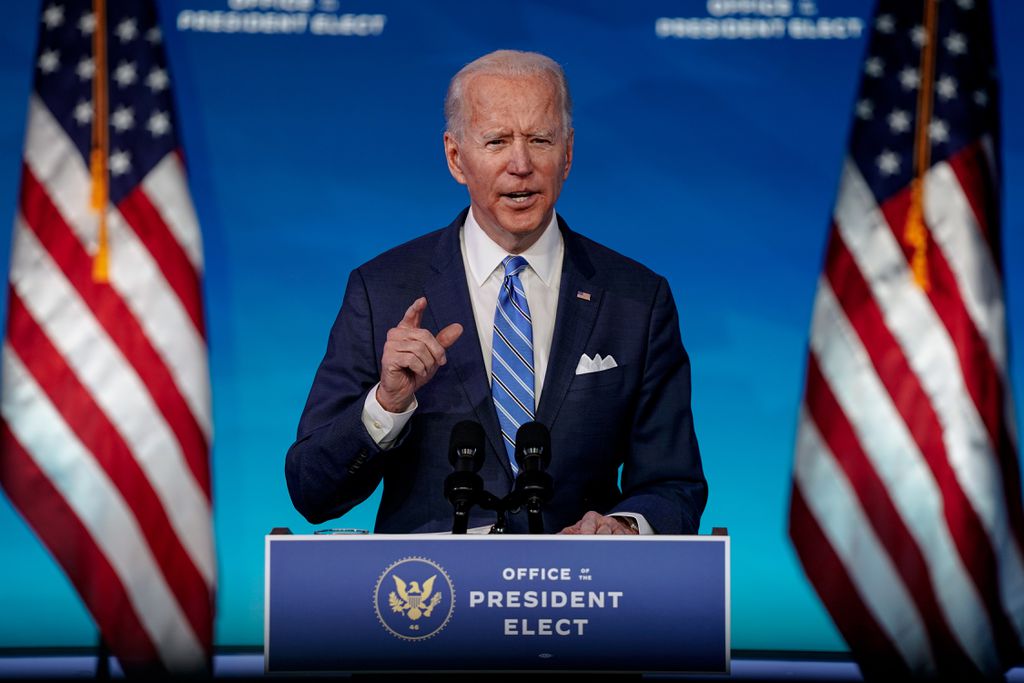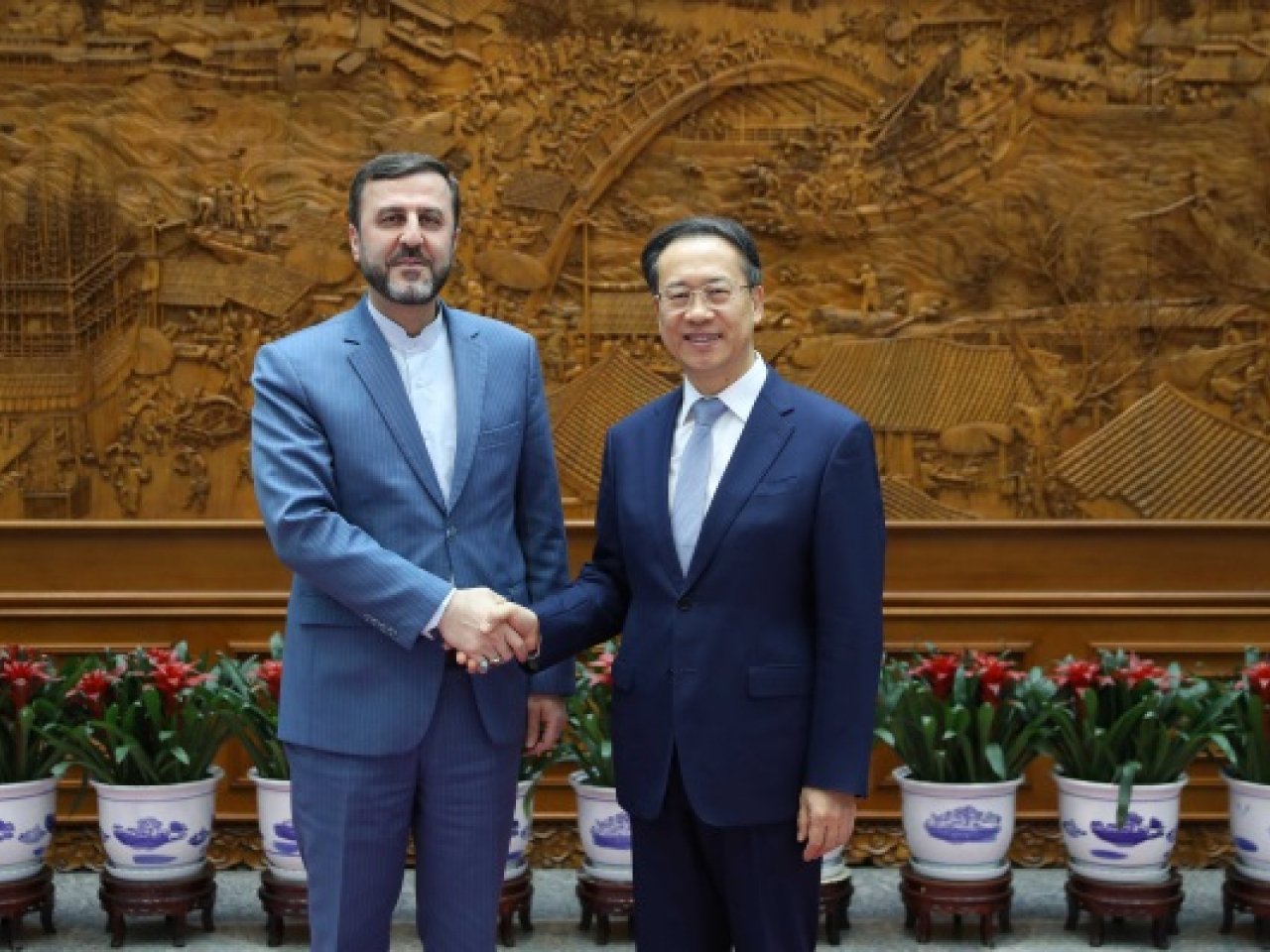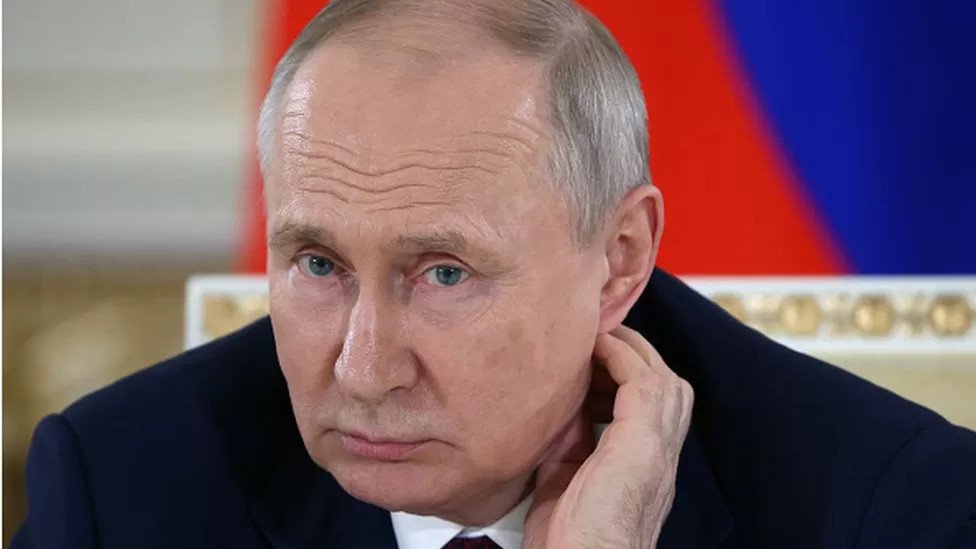Joe Biden challenged Chinese leader Xi Jinping on human rights,

Joe Biden challenged Chinese leader Xi Jinping on human rights, trade and regional muscle-flexing, in their first call since the new US president took office.
An increasingly assertive Beijing has tested US patience since Xi came to power, and under former president Donald Trump found itself on the receiving end of trade tariffs as relations frayed.
Biden is under pressure at home and abroad to maintain the stance that Trump adopted, as the West looks to hold China to account for human rights abuses against mainly Muslim Uighurs in Xinjiang and its crushing of opposition in Hong Kong, as well as sabre-rattling over Taiwan.
His call on Wednesday was about setting the tone for the relationship, at a time when many in the US and the wider world blame China for failing to contain the coronavirus pandemic, which was first discovered in Wuhan.
Biden "underscored his fundamental concerns about Beijing's coercive and unfair economic practices, crackdown in Hong Kong, human rights abuses in Xinjiang, and increasingly assertive actions in the region, including toward Taiwan," the White House said after the call.
The president told Xi his priorities were to protect the American people's security, prosperity, health and way of life, and to preserve "a free and open Indo-Pacific."
Washington and its Asian allies have bristled at China's expansion in the South China Sea, a huge and economically vital waterway where Beijing has built militarized islands, despite multiple overlapping claims from neighbouring states.
The US has repeatedly sailed warships through the area to press the point that the sea is globally recognized as international waters.
The two leaders also spoke about the Covid-19 pandemic, climate change and weapons proliferation, the White House said.
"President Biden committed to pursuing practical, results-oriented engagements when it advances the interests of the American people and those of our allies."
Chinese state media reported simply that the two sides "exchanged in-depth views on bilateral relations and major international and regional issues."
- Trump's unilateral approach -
It was not Biden's first interaction with Xi; the two met when Biden was vice president in the 2009-2017 administration of Barack Obama.
Criticism of that administration's softly-softly approach to Beijing has gathered in recent years, with US companies increasingly frustrated by what they say is state-sponsored industrial espionage, and fears over a lopsided trade relationship.
Trump took strong unilateral actions against China in an unsuccessful effort to close the yawning US deficit with the country.
Relations soured even further beginning a year ago when Trump accused Beijing of hiding the origin of the coronavirus, which has now killed more than 470,000 Americans.
- Rebuilding alliances -
While Trump severed relations with longstanding allies for a go-it-alone approach to Beijing, Biden has used his first three weeks in office to rebuild those relationships as a basis for a more collective approach.
One US official said Biden "found merit" in Trump's approach of intense strategic competition towards China.
But, the official said, the previous administration's strategy of partnerships being neglected or even sabotaged, along with Trump's chaotic implementation of policy, had played into China's hands.
In his first weeks in office Biden's administration reaffirmed its support for Taiwan and for Japan's territorial claim on the Senkaku Islands, which China claims and calls the Diaoyu Islands.
Biden's call to Xi came the same day Taiwan's de facto ambassador to the US held her first publicly acknowledged official meeting with State Department officials under the new Biden administration.
- Tariffs to remain in place -
Speaking at the Pentagon on Wednesday, Biden said he would not ease off militarily on China. He announced a new Defense Department task force on China which would quickly review all facets of the US security approach to the country.
"We need to meet the growing challenges posed by China to keep peace and defend our interests in the Indo-Pacific and globally," Biden said.
Administration officials said Washington would continue to apply targeted sanctions against Chinese individuals and entities for intellectual property theft, and tighten China's access to sensitive technologies.
But, they emphasized, the approach will be to work with allies. They also said that Biden would not move quickly to change the hefty tariffs Trump placed on imports from China.
Any changes to US trade policy "will not be immediate, and in the meantime we are not lifting the tariffs," said one official.
"We will keep them in place until we are ready to roll out with an affirmative trade strategy" that can be executed with allies, the official said.









Leave Comment